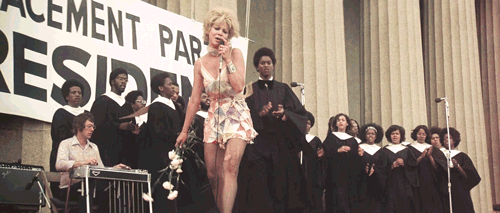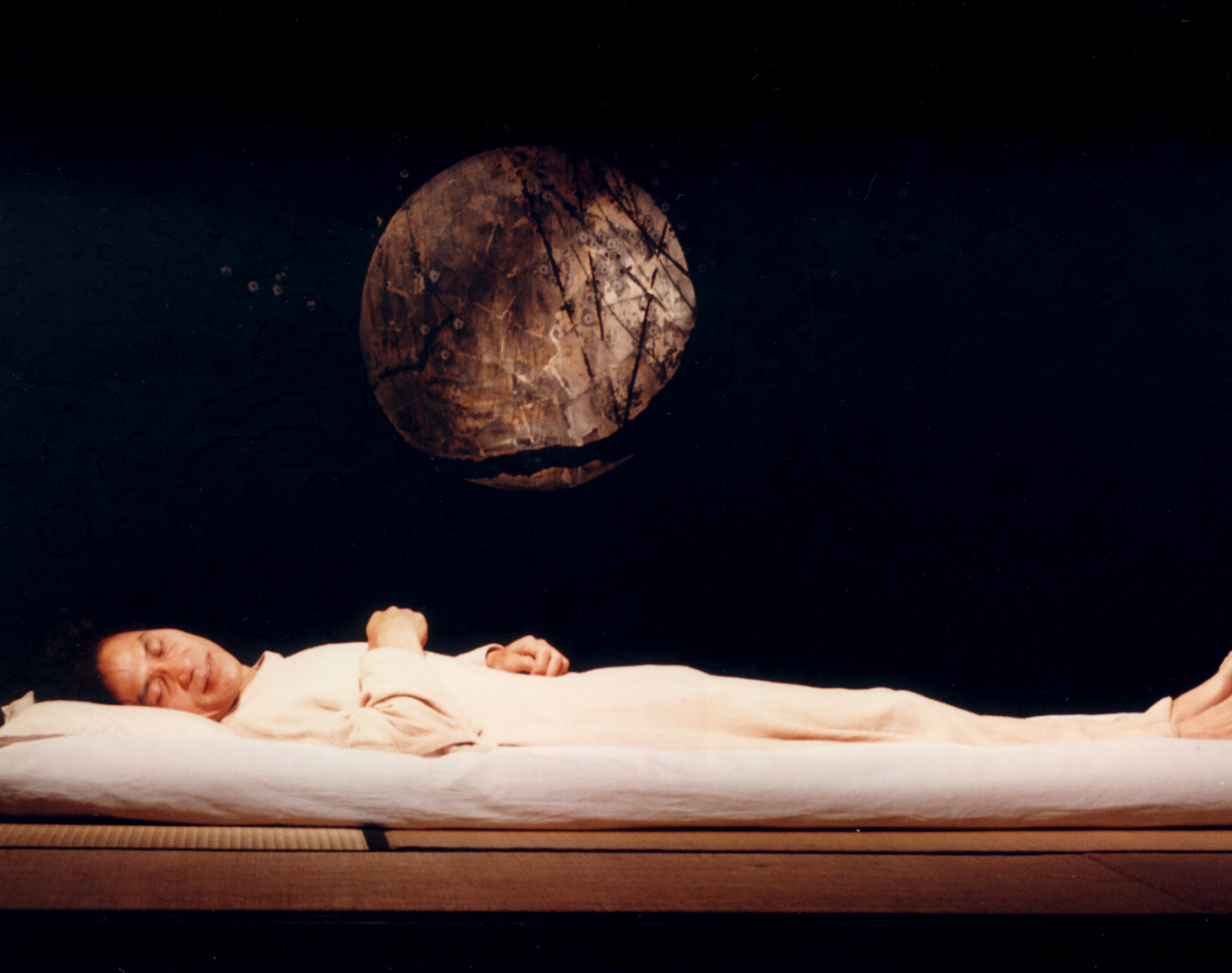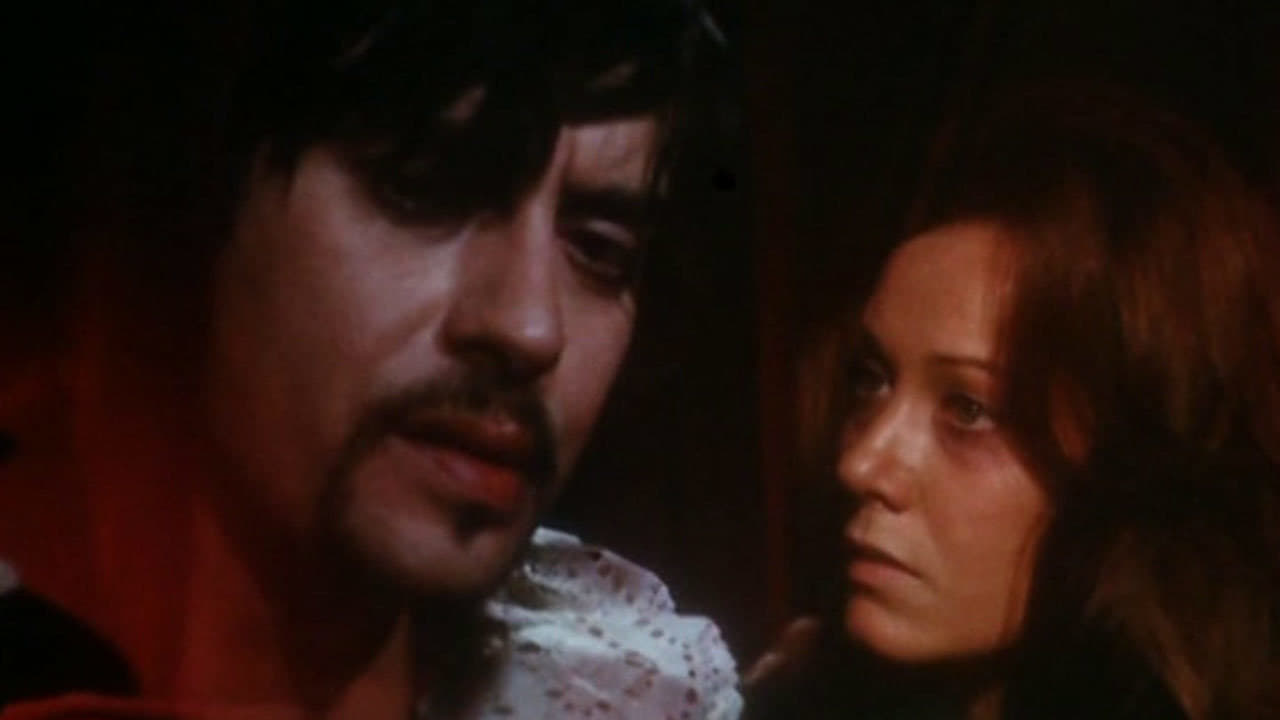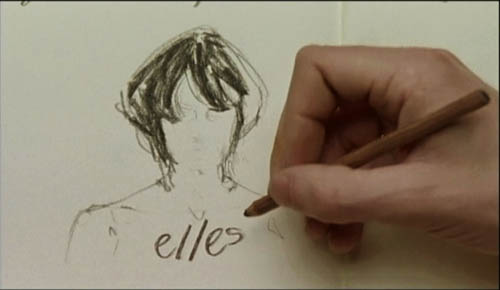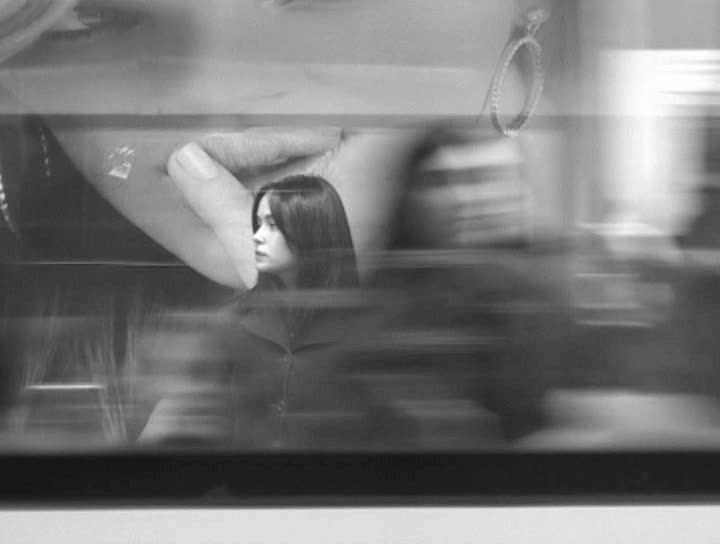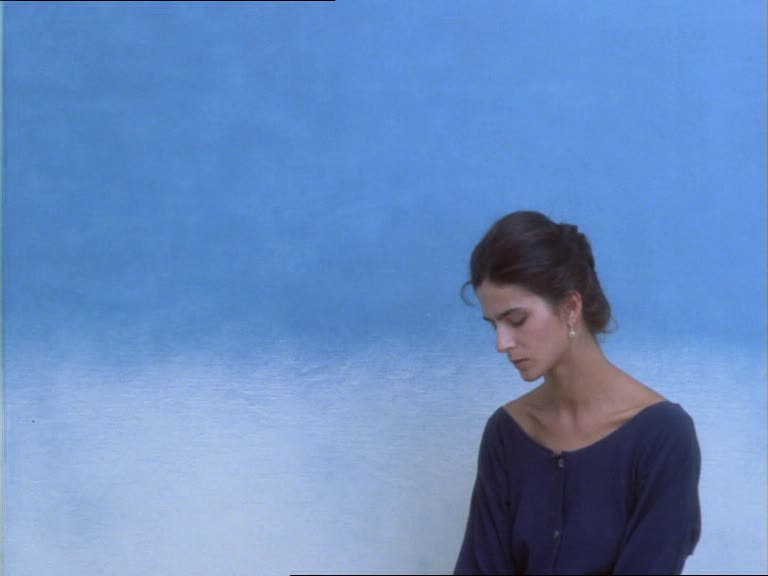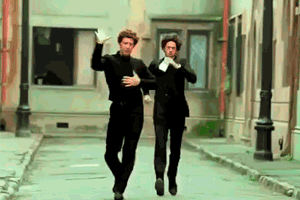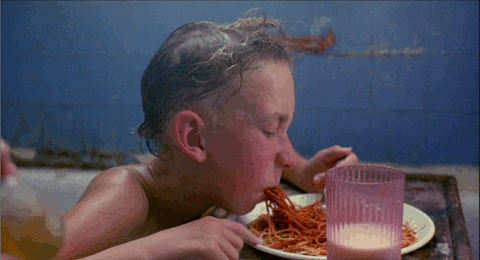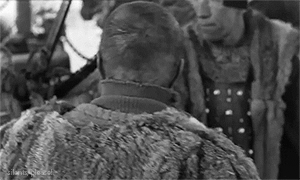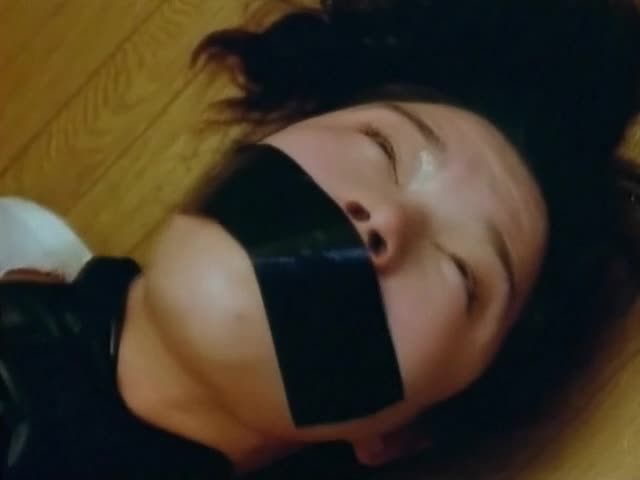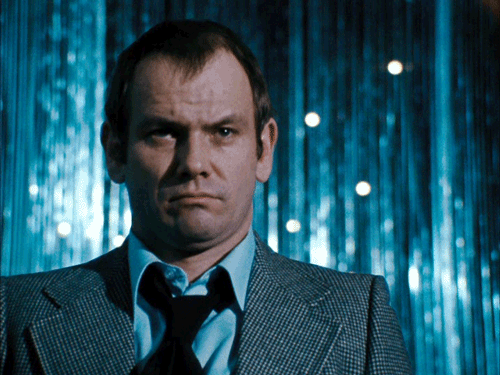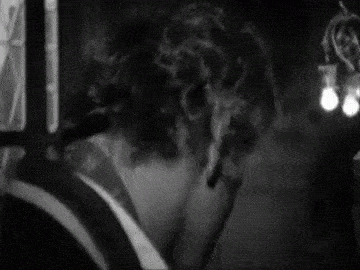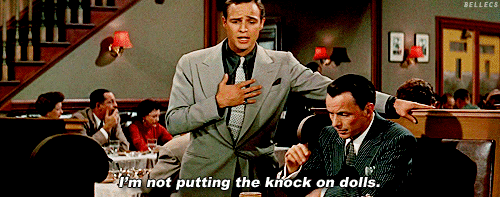6 month Collection Revisiting
City Slickers - - light and cheery. Didn't make me cringe much. Extra points for that. Good casting.
Zoolander - - hard to hate this movie even though it's empty and stupid. I still can stomach it but this may be the last time I do.
The Breakfast Club - moments of silliness never outweigh the precedent set by Hughes with his writing and casting. Great location. Love the blue neon strip accenting the otherwise beige school library. Not quite an art film on par with Risky Business as far as the look, but definitely right up there with innovation for teen comedy reinvention.
Sideways - - still makes me laugh and keeps me interested all of the way through. Love the performances and locations.
Big Trouble in Little China - - has everything. Strange movie but funny and great effects. One of my faves still.
The Adventures of Ford Fairlane - - suffers from stupid writing. Clay is capable of much more. He does a mean Jerry Lewis/Nutty Professor tick that thankfully gets a brief moment of screen time. Wish there was more physical comedy like this and not so much of his usual shtick.
The Amityville Horror - - Scares me every time. James Brolin's eyes are enough to give me nightmares. That guy really threw down some chops for his role. Creepy atmosphere. I am a grown man and when I saw this again, I took a bathroom break. As I walked through the dark kitchen to get there, I became overwhelmed with the feeling something was in the room with me. I forcefully started talking out loud and jerking forward quickly. Very weird. I got legitimately goosed.
The Hard Way - - kind of hard to dislike a John Badham movie starring James Woods and Michael J. Fox as crime fighters even if the movie is stupid.
The Return of the Living Dead - - this one gets super high points fropm me because of the comedy. James Karen is a punch in the gut with his manic overacting. Love the effects and the comedy as well as the location/atmosphere. It's a true classic made by much missed Dan O' Bannon.
The burbs' - - I like this movie more every time I watch it. Rick Duccomen, Tom Hanks, Bruce Dern..even Carrie Fisher and Courtney Gains..not to mention the Klopek's. Great late 80's comedy thriller and one of Joe Dante's best efforts, imo.
City Slickers - - light and cheery. Didn't make me cringe much. Extra points for that. Good casting.
Zoolander - - hard to hate this movie even though it's empty and stupid. I still can stomach it but this may be the last time I do.
The Breakfast Club - moments of silliness never outweigh the precedent set by Hughes with his writing and casting. Great location. Love the blue neon strip accenting the otherwise beige school library. Not quite an art film on par with Risky Business as far as the look, but definitely right up there with innovation for teen comedy reinvention.
Sideways - - still makes me laugh and keeps me interested all of the way through. Love the performances and locations.
Big Trouble in Little China - - has everything. Strange movie but funny and great effects. One of my faves still.
The Adventures of Ford Fairlane - - suffers from stupid writing. Clay is capable of much more. He does a mean Jerry Lewis/Nutty Professor tick that thankfully gets a brief moment of screen time. Wish there was more physical comedy like this and not so much of his usual shtick.
The Amityville Horror - - Scares me every time. James Brolin's eyes are enough to give me nightmares. That guy really threw down some chops for his role. Creepy atmosphere. I am a grown man and when I saw this again, I took a bathroom break. As I walked through the dark kitchen to get there, I became overwhelmed with the feeling something was in the room with me. I forcefully started talking out loud and jerking forward quickly. Very weird. I got legitimately goosed.
The Hard Way - - kind of hard to dislike a John Badham movie starring James Woods and Michael J. Fox as crime fighters even if the movie is stupid.
The Return of the Living Dead - - this one gets super high points fropm me because of the comedy. James Karen is a punch in the gut with his manic overacting. Love the effects and the comedy as well as the location/atmosphere. It's a true classic made by much missed Dan O' Bannon.
The burbs' - - I like this movie more every time I watch it. Rick Duccomen, Tom Hanks, Bruce Dern..even Carrie Fisher and Courtney Gains..not to mention the Klopek's. Great late 80's comedy thriller and one of Joe Dante's best efforts, imo.

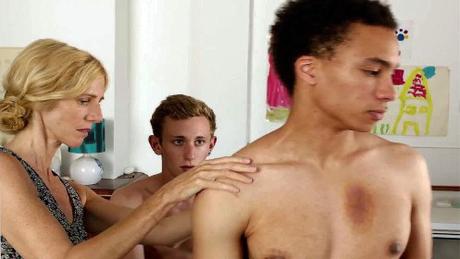



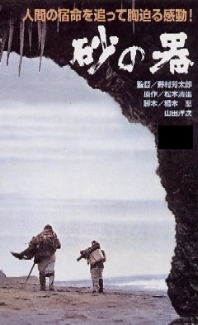





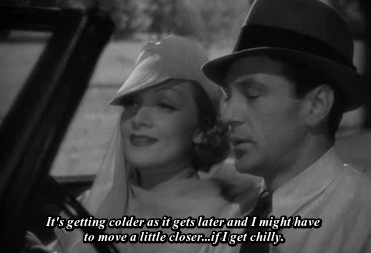
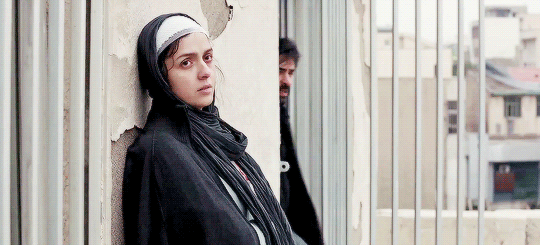

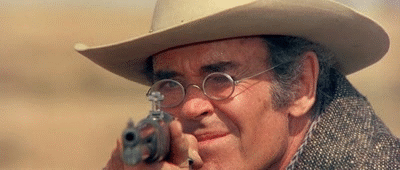





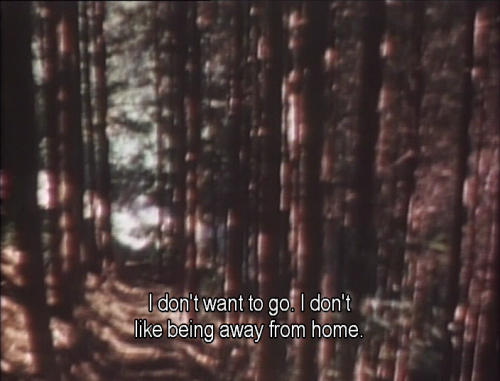

 I wish the naked wrestling scene had two women instead of men. Oh, well...
I wish the naked wrestling scene had two women instead of men. Oh, well...